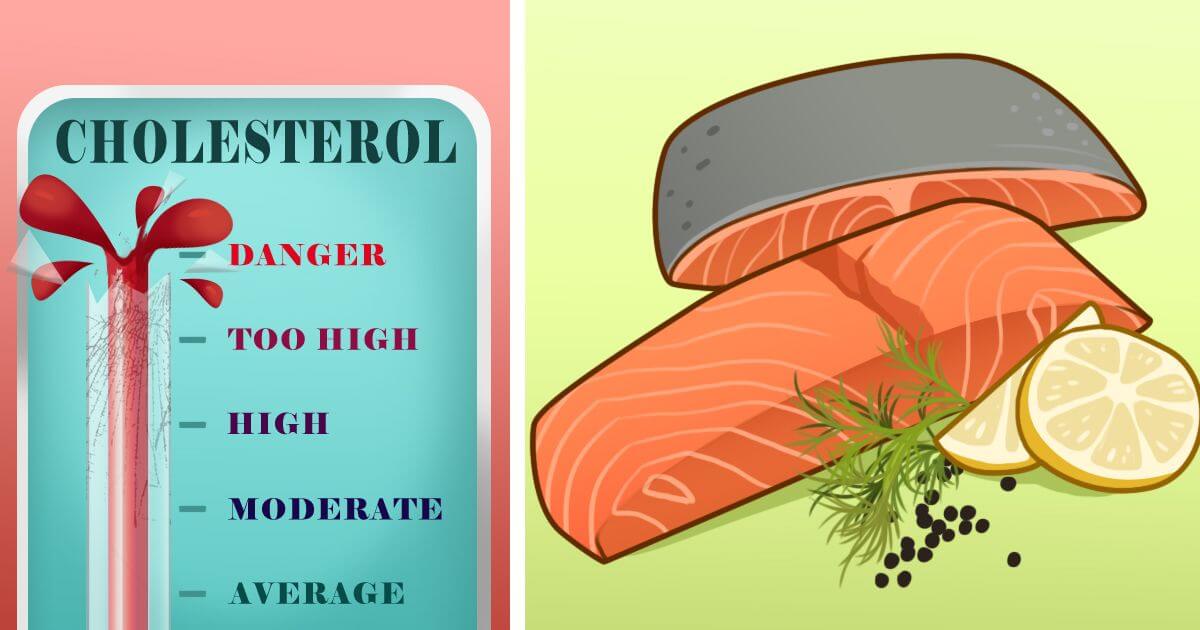Being told you have high cholesterol is never welcome news. It’s a condition that can lead to hardened arteries, strokes, and heart attacks. Understandably, many people react with worry and rush into taking medication without first examining their current habits. But before turning to prescriptions, it’s worth considering how changes in diet and lifestyle might help.
In many cases, bringing down cholesterol levels can be achieved by adjusting what you eat and how you live. Learning the difference between harmful and healthy fats—and how they interact—can empower you to take control of your health. That said, it’s important to keep your doctor informed about any lifestyle changes you make. Below are five simple and effective ways to lower cholesterol naturally.
1. Cut out trans and saturated fats.
According to Harvard Medical School, reducing the consumption of trans fats and saturated fats is one of the most effective steps you can take. However, don’t replace them with added sugars, which can be equally harmful. You don’t need to completely avoid red meat, shrimp, cheese, or butter, but it’s wise to enjoy them in moderation.
2. Add more healthy fats.
Harvard Medical School also recommends boosting your intake of monounsaturated and polyunsaturated fats. These types of fats help lower LDL cholesterol—the “bad” cholesterol. You can find them in oils made from plants like olive, peanut, and soybean oil. Fatty fish such as salmon, tuna, sardines, trout, and herring are also excellent sources of these beneficial fats.
3. Boost your fiber intake.
The Mayo Clinic highlights that soluble fiber helps reduce LDL cholesterol. You’ll find this kind of fiber in foods like beans, whole grains, nuts, fruits, and vegetables. As Harvard Medical notes, fruits and vegetables with deeper, richer colors tend to be especially beneficial.
4. Get moving.
Exercise might not be the first thing that comes to mind when thinking about cholesterol, but WebMD reports that aerobic activity performed for 30 minutes, four times per week, can help lower cholesterol levels. It also supports weight loss, which further improves heart health.
5. Manage stress levels.
Stress is another factor that can push cholesterol levels higher. WebMD suggests incorporating stress-reducing habits into your routine. Finding ways to relax, laugh, and unwind can make a big difference in your overall well-being.
Taking charge of your cholesterol means more than just tweaking your meals. It’s about making mindful decisions that support your body and emotional health. With small, consistent efforts and a bit of self-care, you may be able to lower your cholesterol levels naturally—possibly without ever needing medication.
